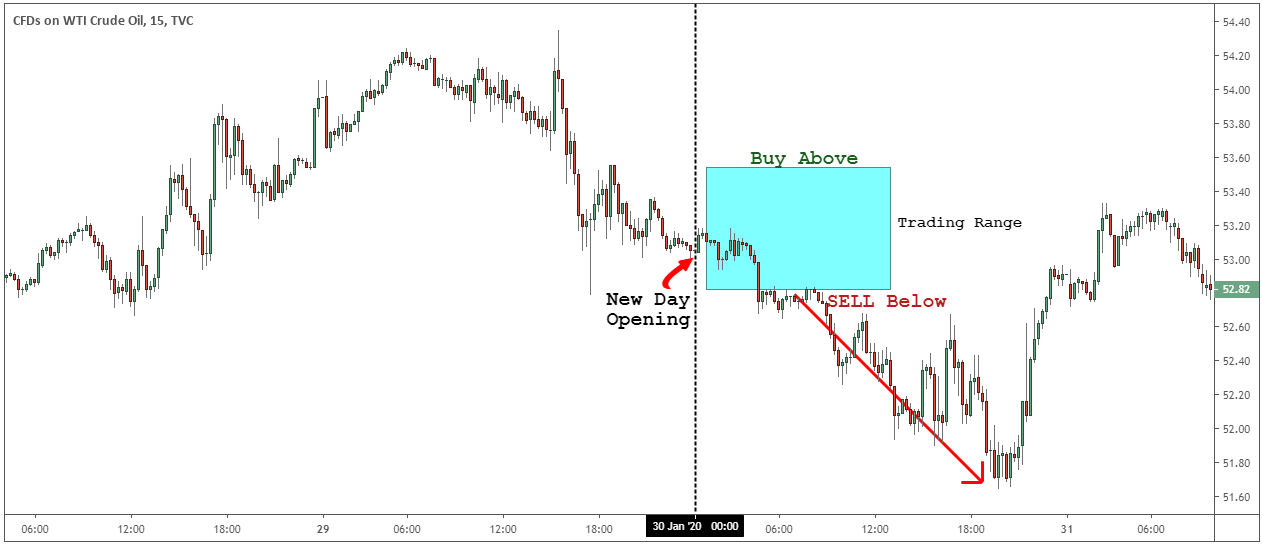Unlock the Potential of Commodity Options

Image: bullsarenatrading.com
In today’s dynamic and ever-changing financial landscape, the ability to navigate commodity options trading can be a game-changer. Whether you’re an experienced trader or just starting out, understanding the ins and outs of this exciting market can open up a world of opportunities to boost your profits. This comprehensive guide delves into the complexities of commodity options trading, empowering you with the knowledge and strategies to make informed decisions and maximize your returns.
Unveiling Commodity Options
Commodity options are versatile financial instruments that offer traders the flexibility to hedge risk or speculate on the future price movements of underlying commodities such as oil, gold, agricultural products, and more. Unlike futures contracts, which oblige traders to buy or sell an asset at a predetermined price on a specific date, options provide the right but not the obligation to do so. This unique characteristic allows traders to manage risk, limit potential losses, and capitalize on market fluctuations.
Understanding the Mechanics of Options
Options are categorized into two main types: calls and puts. Call options give the trader the right to buy the underlying commodity at a specified price (strike price) until a certain expiration date. Put options, on the other hand, grant the right to sell the commodity at the strike price. Each option has a premium associated with it, which represents the price paid to acquire the right.
Key terms and concepts in options trading include:
- Expiration date: The day on which the option contract expires.
- Strike price: The predetermined price at which the trader can exercise the option.
- Option premium: The price paid by the buyer of the option to acquire the right.
- Market price: The current prevailing price of the underlying commodity.
Evaluating Option Strategies
The world of options trading offers a wide range of strategies, each catering to different market conditions and risk tolerances. Some common strategies include:
- Selling covered calls: Generating income by selling call options against a corresponding position in the underlying commodity.
- Buying protective puts: Hedging against potential losses by purchasing put options that protect against a decline in the commodity’s price.
- Using option spreads: Combining multiple options contracts to reduce risk while capturing potential profits.
Mastering the Art of Risk Management
Risk management is paramount in commodity options trading. Techniques such as position sizing (adjusting the number of contracts traded) and hedging (using counterbalancing positions to minimize exposure) are crucial for preserving capital. Understanding the relationship between volatility and option premiums is also essential for managing risk and optimizing returns.

Image: tradingstrategyguides.com
Commodity Options Trading And Tips

Image: tradebrains.in






